We Stand on the Shoulders of Giants!"Reading is an honor and a gift from a warrior or historian who- a decade or a thousand decades ago- set aside time to write. He distilled a lifetime of campaigning in order to have a "conversation" with you." ... "If you haven't read hundreds of books, you are functionally illiterate, and you will be incompetent, because your personal experiences alone aren't broad enough to sustain you. Any commander who claims he is "too busy to read" is going to fill body bags with his troops as he learns the hard way." ... "Reading sheds light on the dark path ahead." - General Jim 'Mad-dog' Mattis (as written in Call Sign Chaos) With these words in mind I want to share the books that have sped up my understanding of the Tao and improved my Chi Kung and Tai Chi practice drastically!The Depth of Tai Chi and Chi Kung practice is impossible to undertake effectively without fully exploring how modern science mixes with ancient Chinese culture and traditional Taoist texts.This pursuit isn't easy but it's not impossible, and I've found some great resources to help out. In any college curriculum there's always a book that accompanies a class. As my friend and mentor Dr. Tony Zayner used to say, "However good your teacher is, your success relies on how hard YOU study."
Here's some great books to read and to study on various aspects of Tai Chi, Chinese medicine, Chi Kung Taoist Meditation and other wise. I'll do my best to categorize them by novice, beginner, intermediate and advanced/ in depth knowledge seeking. Each title is hyperlinked to order on Amazon. ENJOY! :)
1 Comment
"Above all else, calmness is the most important thing." - Master Feeman Ong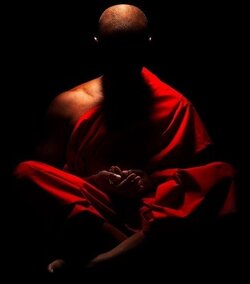 In Traditional Chinese Medicine (TCM) there are 2 things to look at when we speak of living a healthy life. External influences and internal ones. The TCM view is that sickness is brought about by an imbalance in either of these two categories, usually both. Traditionally external is looked at first and internal second. External is the category of things that affect us from the outside in, lifestyle, diet, exercise, etc. Internal is the opposite, so the things that affect us from the inside out, i.e. our mindset, thoughts and emotional state. Both of these things can bring about drastic changes in our health and wellness. Today we'll be covering internal influences. Particularly how our unbalanced/subconscious emotional reactions affect our health. I'll be following up this post with another on how we can deter these problems and/or come to move past them. My preferred method to do this is a simple approach to meditation attitude and journaling. Let's dive into internal influences. "The type or particular method of meditation isn't important, rather it's developing patience and persistence... The results will come, just keep practicing, and above all stay calm." |
| The Chinese have been saying for thousands of years that all things can be categorized by their polar opposite. These polar opposites are symbolized by the Tai Chi Tu, or in English the symbol of ultimate extremes. Here in the west commonly known as the Yin Yang symbol. How does this idea of polar opposites relate to exercise? |
Chi Kung is training the proper use of tension!
Tension usually has a negative connotation in Chi Kung and Tai Chi. It is said that we must flow like water and “relax” into movements for the most benefit. The big question that runs through many peoples’ mind is HOW?!?
To turn the traditional teaching around, the main question to ask is NOT how do we relax, but rather, How can I use my tension more efficiently?
To turn the traditional teaching around, the main question to ask is NOT how do we relax, but rather, How can I use my tension more efficiently?
A poem to inquire
| Life happens, this we know is true. Today we wish was like yesterday, but by living, the day passes through. This line of time from present to past, make the best of today, for only the best minutes last. The things we go through yesterdays weigh heavy, but by honor we stay true. Our vision of future with injury, self doubt, or failure becomes like a tumor Slowing us down the days weight compounds with our expectations, smiles, turn to frowns |
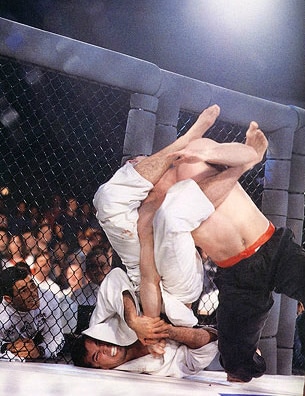
After having seen a certain martial art demo have you heard someone say or have you said this before?
"That will never work... in the 'cage'/ on the 'street'/ in UFC/ against a boxer or mixed martial artist!"
If you have I'd say you're/they're probably right. The problem with that statement is the UFC or 'the cage' isn't the be all end all testing ground for martial art. When it comes to martial effectiveness I'd say 'the cage' or the UFC is one of, if not the best place, to pressure test your technique in a 1 on 1 all inclusive environment.
The more broad problem is that 'martial effectiveness' isn't the only goal in 'traditional' techniques, styles, exercises, or forms.
My purpose in writing this post is to help you refocus how you look at traditional martial arts, and martial art practice in general.
The focus when looking at martial arts, especially traditional ones, should be on asking "Does the art build a certain skill, attribute or does it have some other cultural or social relevance?" Various martial arts focus on different aspects of these. Boxing, JiuJitsu, and Mui Thai even fall into these categories. In particular we're looking at skills such as musculoskeletal development, cardiovascular and other forms of fitness, whole body coordination, efficient strength, posture, and rehabilitation of injuries and many more. After seeking the reasoning we then have to ask ourselves is this something we could find appealing?
It all boils down to critical thinking. In this post we'll offer some references and knowledge to find reasons behind traditional practices and my personal reasons for continued practice of traditional martial arts. After reading this I hope you can make a more well informed opinion of traditional and modern practices. =)
"That will never work... in the 'cage'/ on the 'street'/ in UFC/ against a boxer or mixed martial artist!"
If you have I'd say you're/they're probably right. The problem with that statement is the UFC or 'the cage' isn't the be all end all testing ground for martial art. When it comes to martial effectiveness I'd say 'the cage' or the UFC is one of, if not the best place, to pressure test your technique in a 1 on 1 all inclusive environment.
The more broad problem is that 'martial effectiveness' isn't the only goal in 'traditional' techniques, styles, exercises, or forms.
My purpose in writing this post is to help you refocus how you look at traditional martial arts, and martial art practice in general.
The focus when looking at martial arts, especially traditional ones, should be on asking "Does the art build a certain skill, attribute or does it have some other cultural or social relevance?" Various martial arts focus on different aspects of these. Boxing, JiuJitsu, and Mui Thai even fall into these categories. In particular we're looking at skills such as musculoskeletal development, cardiovascular and other forms of fitness, whole body coordination, efficient strength, posture, and rehabilitation of injuries and many more. After seeking the reasoning we then have to ask ourselves is this something we could find appealing?
It all boils down to critical thinking. In this post we'll offer some references and knowledge to find reasons behind traditional practices and my personal reasons for continued practice of traditional martial arts. After reading this I hope you can make a more well informed opinion of traditional and modern practices. =)
A match made centuries ago!
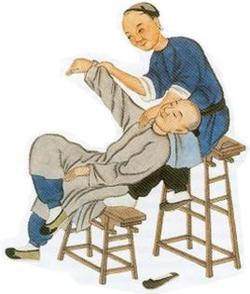
Massage has been very important in martial arts for a long time. Not just for injury recovery, but also for prevention, and even many times as a requirement for ranking as a "master" in w/e discipline or system.
Today we'll explore the main reasons I feel one is indispensable from another and how both complement each other almost seamlessly.
Warm up your hands and grab your lineaments today we're diving into how massage and martial arts make a devastating healing couple!
Today we'll explore the main reasons I feel one is indispensable from another and how both complement each other almost seamlessly.
Warm up your hands and grab your lineaments today we're diving into how massage and martial arts make a devastating healing couple!
Your Author
Daniel R. Hyde
Licensed Massage Therapist
OIF, OEF Veteran
U.S. Marine Corps
Instructor of:
Kwan Ying Do Kung Fu
Tai Chi Chuan
Chi Kung
Tui Na, Chinese Massage
Thai Massage
Shiatsu, Japanese Massage
Licensed Massage Therapist
OIF, OEF Veteran
U.S. Marine Corps
Instructor of:
Kwan Ying Do Kung Fu
Tai Chi Chuan
Chi Kung
Tui Na, Chinese Massage
Thai Massage
Shiatsu, Japanese Massage
Archives
May 2021
October 2020
December 2019
November 2019
December 2018
November 2017
July 2017
March 2017
February 2017
January 2017
November 2016
October 2016
September 2016
May 2016
March 2016
February 2016
January 2016
October 2015
September 2015

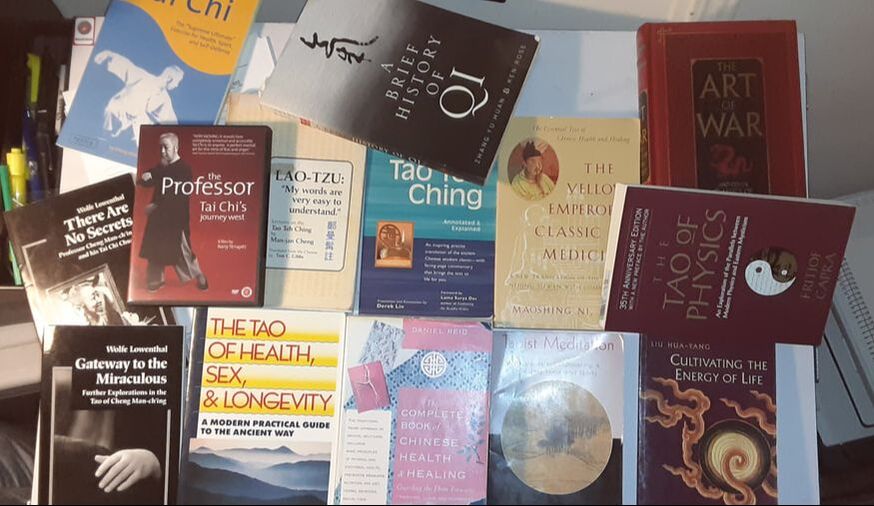
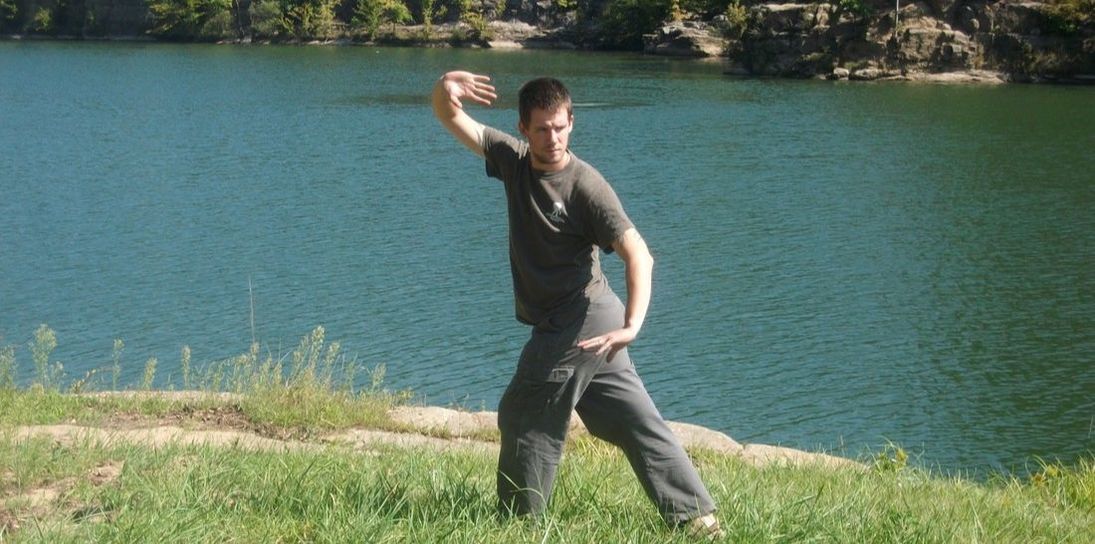
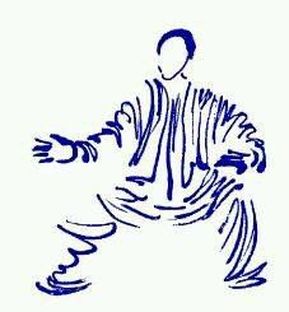
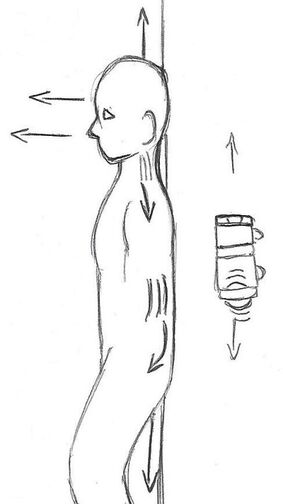
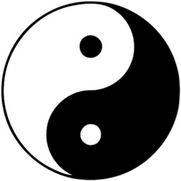
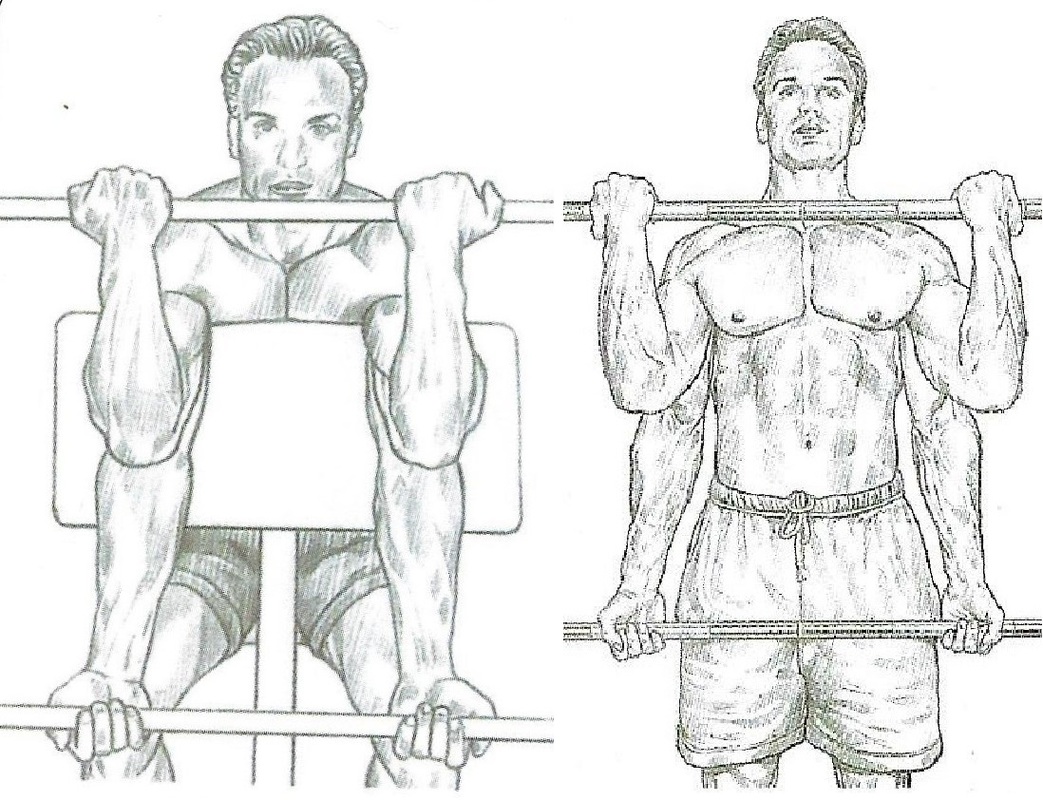
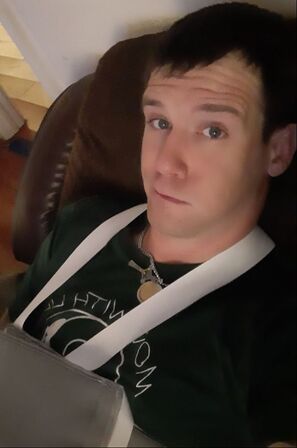
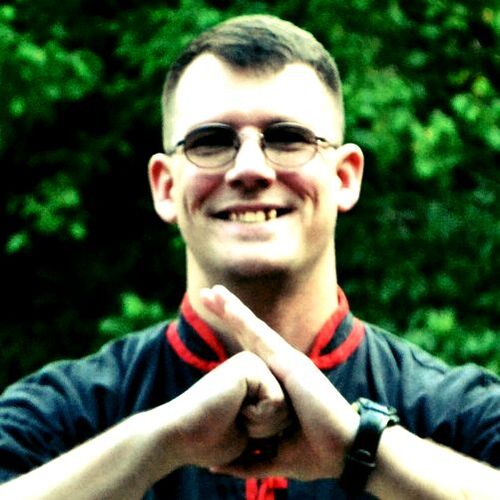
 RSS Feed
RSS Feed
